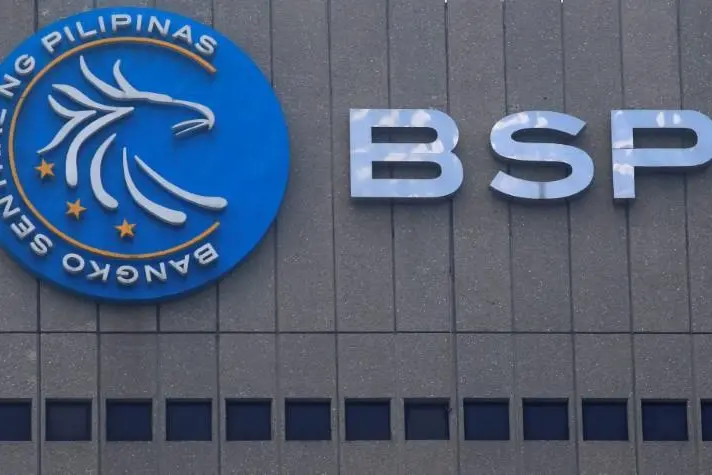PHOTO
The Bangko Sentral ng Pilipinas (BSP) plans to further expand the types of debt instruments that banks and financial institutions can issue.
The regulator is set to amend certain sections of the Manual of Regulations for Banks (MORB) and the Manual of Regulations for Non-Bank Financial Institutions (MORNBFI) on borrowings from banks and quasi-banks and other financial intermediaries.
The proposed changes will allow banks and quasi-banks to issue other debt securities and instruments aside from bonds and commercial papers without prior approval from the BSP.
These entities are required to inform the BSP within five banking days from the approval by their board of directors of the planned issuance of bonds, commercial papers and other debt securities or instruments.
Required documents include notification letter signed by the entity's president indicating the amount and terms of the issuance, including the funding plan in the next three years considering its strategic direction and business model as well as secretary's certificate on the approved fund raising activity.
According to the draft circular, all banks with quasi-banking functions issuing bonds, commercial papers or other debt securities and instruments to counterparties that meet the definition of lenders should comply with Republic Act 8799 or the Securities Regulation Code (SRC) and its Implementing Rules and Regulation, and other applicable rules and regulations issued by the Securities and Exchange Commission (SEC).
The BSP said the borrowings or the issuance of bonds, commercial papers and other debt securities or instruments would not be considered as deposit substitutes.
Furthermore, the regulator has also expanded the definition of financial intermediaries to include government financial institutions (GFIs) funds administered and managed by a trust entity under a trust agreement as well as funds administered and managed under an agency agreement.
The BSP is also limiting the definition of financial intermediaries to entities whose principal functions include the lending, investing or placement of funds or evidences of indebtedness or equity deposited with them, acquired by them, or otherwise coursed through them either for their own account or for the account of others.
The central bank is looking at excluding persons in the definition of financial intermediaries as used by quasi-banks that are authorized by the BSP to borrow funds.
Copyright © 2022 PhilSTAR Daily, Inc Provided by SyndiGate Media Inc. (Syndigate.info).





















